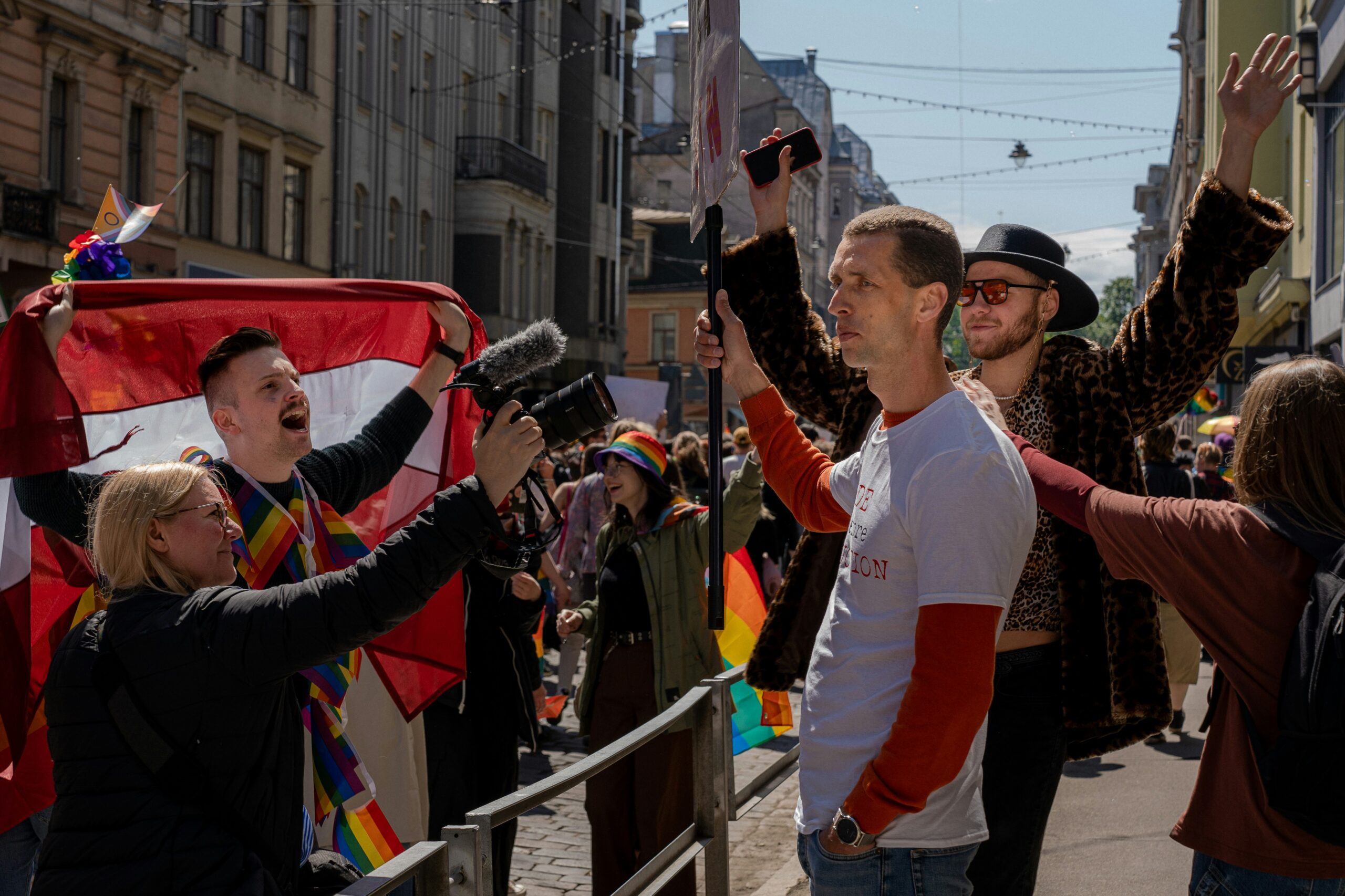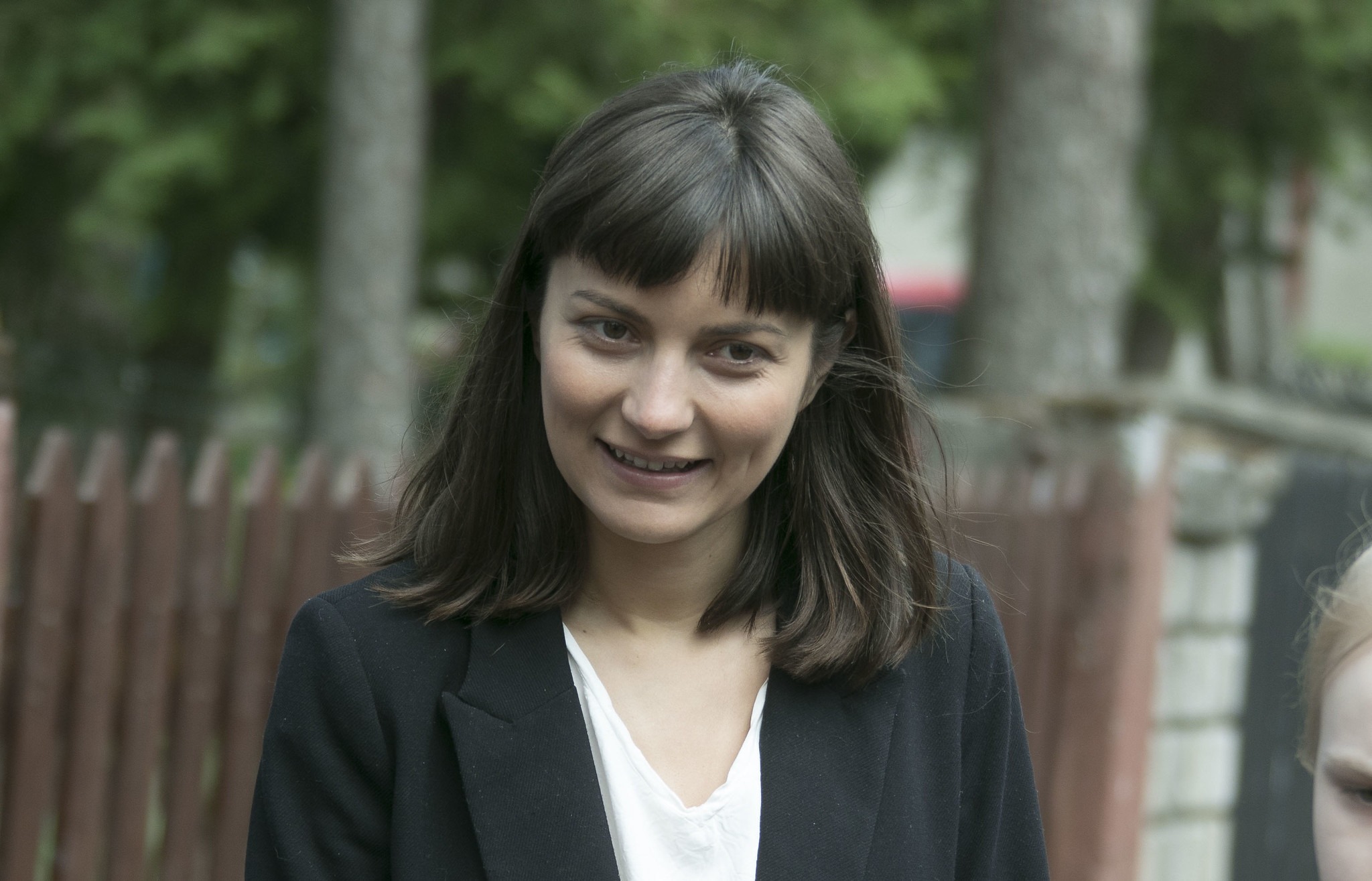
Key Insights:
In July 2025, monitored Telegram channels pushed multiple narratives designed to erode trust in Latvian institutions, deepen societal divisions, and justify Russian geopolitical interests. Central to these narratives was the portrayal of Latvia as a state governed by foreign powers, particularly the United States, the UK, and NATO, with channels like “Antifascists of Pribaltics” framing the country as a mere puppet of Western elites. Latvia’s support for Ukraine and its participation in EU defence initiatives were depicted not as strategic security measures, but as provocations orchestrated by the “Anglo-Saxons” to draw Russia into war with NATO. This narrative cast Latvian officials as dangerous extremists, frequently labeling them “Nazis” and accusing them of betraying national interests in service of foreign agendas.
The main narratives were:
- Latvia is Russophobic
- Prosecution of Russian speakers
- Latvia is the aggressor
- West is the aggressor
Overview of the Findings:
A recurring theme across channels such as Baltnews and Roslikovs’ Telegram was the victimization of Latvia’s Russian-speaking minority. Political figures like Aleksejs Roslikovs were portrayed as heroic defenders of these communities, unjustly persecuted by the Latvian state. Roslikovs’ legal troubles were reframed as evidence of ethnic repression and human rights violations, with his channel using emotionally charged language to rally support and depict himself as a resilient, unbreakable leader. This victimization narrative extended to elderly Russian citizens, including stories of cancelled residence permits and pensions allegedly withheld due to EU sanctions. These were presented without context, ignoring the broader security concerns and Russia’s own role in disrupting financial transfers.
Pro-Kremlin channels also focused on discrediting Latvia’s social and political values. Legal recognition of same-sex partnerships, for instance, was mocked as a sign of Western-induced moral decay, reinforcing the Kremlin’s broader narrative that liberal democratic values are inherently corrupt. At the same time, economic concerns were amplified to undermine public confidence in national policy. Latvia’s application for EU SAFE defence funding was ridiculed as reckless and corrupt, with sarcastic posts suggesting officials would disappear with the money, and claims that Latvia had mortgaged its future to pay for unnecessary militarization. These efforts aimed to delegitimize both the EU’s strategic goals and Latvia’s own defence initiatives.
In addition, several posts implied or directly accused Latvia of involvement in drone attacks on Russian territory, including recent strikes in St. Petersburg. Without evidence, channels suggested Latvia was acting as a staging ground for aggression against Russia, casting the country not as a defender of sovereignty, but as a willing participant in Western warfare. This framing seeks to justify potential future retaliation by Russia while sowing fear among Latvian citizens.
Together, these narratives serve a clear strategic function: to present Russia as a victim rather than an aggressor, portray Latvia as morally and politically bankrupt, and fracture Latvian society along ethnic and ideological lines. Through selective reporting, emotional manipulation, and outright fabrication, pro-Kremlin Telegram channels continue to weaponize information in their broader campaign against the Baltic states.
Story of the Month:
Latvia and the West are the real aggressors
In July, pro-Kremlin Telegram channels intensified efforts to reframe the narrative of regional security, portraying Latvia and its Western allies as the true aggressors and Russia as a victim of this aggression. Across channels like Antifascists of Pribaltics and Baltnews, posts consistently depicted Latvia as a NATO pawn, manipulated by Anglo-American interests into provoking conflict with Moscow.
Latvia’s military support for Ukraine, particularly the recent announcement of drone shipments and participation in the EU’s SAFE defence initiative, was presented not as collective security, but as deliberate escalation. Defence Minister Andris Sprūds’ actions were framed as hostile and reckless, with suggestions that Latvia was actively participating in drone attacks on Russian cities. Though no evidence was provided, these claims served to paint the Baltic state as a legitimate military target.
At the same time, the West was accused of morally and economically corrupting Latvia. The SAFE defence loans were mocked as mortgaging the country’s future, while Latvia’s legal recognition of same-sex partnerships was portrayed as proof of national decline under Western influence. Pro-Russian channels used this to suggest that Latvia had not only lost its sovereignty but also its values, offering a stark contrast to the supposedly “traditional” and “righteous” Russia.
Through selective outrage, emotional manipulation, and fabricated claims, these Telegram channels aim to flip the war narrative on its head. They cast Russia as the victim, and Latvia and the West as the true aggressors.









